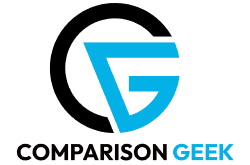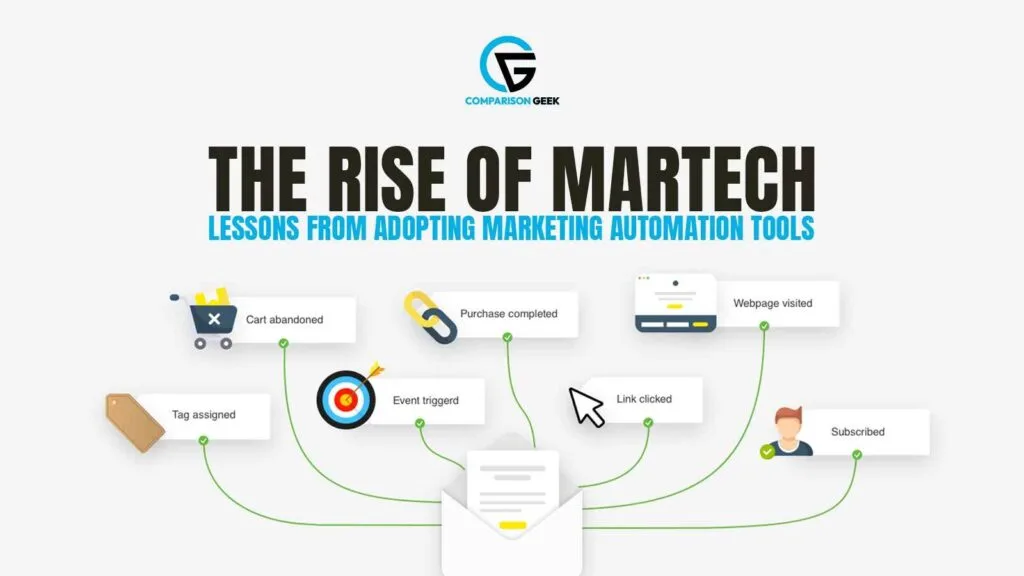Marketing technology or Martech is revolutionizing business operations. Marketing automation tools, an essential element of Martech, help organizations to better manage campaigns and data analysis as well as reach the audience. These are some lessons from the adoption of these tools and how they lead to success.
Table of Contents
ToggleEnhancing Team Collaboration
Marketing automation tools such as Trello and Asana enable better collaboration between teams. It ensures that the marketing, sales, and creative teams are on the same page when it comes to centralizing communication throughout the campaign.
A lesson learned here is how automation platforms need to be connected with other systems, such as CRM or e-mail. Seamless integration prevents data silos, which means smoother workflows and better results. Teams that communicate effectively through Martech platforms report fewer missed opportunities and faster project completions.
Maximizing ROI with Targeted Campaigns
Through ActiveCampaign and Marketo, for instance, companies can develop hyper-targeted campaigns using customer information. The automation tools segment audiences by either behavior, demographics, or past interactions, ensuring that the campaigns reach relevant people.
The main takeaway is the constant testing and optimization of campaigns. In an A/B test, which is performed repeatedly to optimize strategies and maximize ROI, companies adopting an iterative approach continually see improvement in engagement and conversion rates.
Improving Lead Management
Lead management is crucial for any marketing strategy. The tools used to support such a practice include, among others, HubSpot and Pardot. These help automate lead scoring and nurturing, thereby prioritizing high-value prospects with an efficient down-lead-through-the-sales-funnel move.
An important lesson is the value of analytics in understanding lead behavior. Martech platforms provide insights into when leads are most engaged and enable marketers to respond at the right time. In this regard, such a level of precision is solely necessary to maintain great relationships with customers.
Integrating Omni Channel Campaigns
Marketing automation tools enable campaigns to function across multiple channels-includes email, social media, and websites. Tools such as Mailchimp and Hootsuite ensure consistent messaging, whether it is through Instagram or news.
The key here is monitoring performance across all channels to maintain quality. Automation tools offer dashboards for real-time tracking of performance to adjust strategies quickly. Omnichannel companies benefit from higher brand visibility and a stronger connection with audiences.
Overcoming Initial Challenges
Adopting marketing automation does not go without its challenges. From choosing the right tool to getting teams trained, businesses have to overcome that initially tough learning curve, but the time invested in proper implementation yields high rewards.
The most important lesson is the power of starting small. Begin with one or two key functionalities, such as email automation or lead scoring, and expand once your team gets some confidence in its usage. This helps in avoiding overwhelming staff and allows for gradual, steady adoption.
Preparing for the Future of Martech
As Martech is evolving, so are its new tools in utilizing artificial intelligence and machine learning. Predictive analytics platforms are coming to be a crucial part of automation strategies. For a business to stay competitive enough, it has to stay updated with the new but emerging technologies.
Regular evaluation and system updates of Martech platforms allow for adjustment to new trends and customer expectations. Marketers who are innovators and flexible can unlock unprecedented growth opportunities.
Monitoring and Optimizing Strategies through Martech
Marketing technology not only executes campaigns but also monitors and optimizes strategies. Google Analytics, Adobe Experience Cloud, and Tableau among others provide in-depth insights into campaign performance, user behavior, and conversion metrics.
One significant advantage is the instantaneous analysis of data. Martech platforms assist businesses in identifying what is working and what isn’t, making it possible to make swift changes to achieve the best possible results. Thus, one good ad that does not work may have its messaging or target audience changed, and improvements are seen overnight.
Driving Personalization with Martech
One of the most disruptive advantages of marketing technology is a more personalized customer experience. Tools like Salesforce Marketing Cloud and Klaviyo use the data of customers to customize content, offers, and recommendations for different individuals according to their preferences and behavior.
Personalization will help businesses to stand out in a crowded marketplace. Customers are likely to respond more to content that addresses them directly. For example, email campaigns can be automated in order to send recommendations about products they purchased in the past, which can increase both engagement and sales.
Critical insight: Automation blended with a human touch. Martech tools are efficient at data-driven personalization, while it is up to the brands to ensure their messaging feels authentic and relatable. Testing and refinement efforts can lead to more potent customer loyalty and better campaign outcomes.
Final Thoughts
Martech tools are no longer something businesses can live without in pursuit of streamlined operations and advanced customer engagement. From collaboration to targeted activities, automation platforms hold endless growth potential. To make informed decisions, Top Comparisons & Reviews of the latest Martech tools can help businesses choose the right solutions. Companies that take the lessons learned while implementing the tools—teachings about integrated systems, precise data, and staff education—can have the highest effects in the ever-competitive digital marketing arena.
The only way businesses can remain successful is by preparing for the future of Martech innovations and ensuring they properly deliver value to their audiences.


